Brazil’s former president Jair Bolsonaro faces trial on coup charges, with possible house arrest and mounting US pressure, a turning point for Brazil’s fragile democracy.

Bolsonaro on Trial: A Defining Moment for Brazil
Brazil’s political climate has entered a historic phase as former President Jair Bolsonaro stands trial on charges of plotting a coup attempt following his 2022 election defeat. The case marks the first time in modern Brazilian history that a former head of state could face house arrest for conspiring against democratic institutions.
The stakes are monumental. Brazil’s Supreme Federal Court is weighing whether Bolsonaro coordinated with senior military and political allies to overturn the election results that handed victory to Luiz Inácio Lula da Silva.
Coup Charges and the January 8 Attack
Prosecutors link Bolsonaro to the January 8, 2023 riots, when thousands of his supporters stormed Brazil’s Congress, Supreme Court, and presidential palace in Brasília. Officials argue that the events mirrored the January 6 Capitol attack in the United States, with Bolsonaro accused of encouraging unrest through false claims of election fraud.
Leaked documents and testimonies suggest the former president considered invoking a state of siege, a constitutional loophole allowing him to retain power under the guise of national security. Critics argue this proves a deliberate attempt to dismantle Brazil’s democracy.
The Question of House Arrest
Bolsonaro, already barred from running for office until 2030, now faces possible house arrest while awaiting trial. Legal experts suggest the court may impose this measure to prevent him from mobilizing his supporters or interfering with ongoing investigations.
The move would not only restrict his political activities but also send a strong signal to other leaders tempted to undermine democratic institutions.
US Pressure and Global Reactions
The trial has drawn international attention, particularly from the United States, where officials privately urge Brazil to hold Bolsonaro accountable. Washington views the case as a litmus test for safeguarding democracy in the Americas, especially as parallels to Trump-era politics remain fresh.
While US President Donald Trump and his allies have largely avoided criminal accountability for similar allegations, Brazil’s judiciary has taken a bolder stance. Analysts argue this could set a global precedent for prosecuting former leaders accused of coup attempts.
Meanwhile, European Union diplomats have expressed concern about political instability in Latin America’s largest democracy. Brazil remains a critical partner in climate negotiations, trade, and regional security.
Bolsonaro’s Defense and Support Base
Bolsonaro denies all charges, claiming he is the victim of a political witch hunt. His lawyers argue that he never formally endorsed violence and that his speeches fall under free expression.
Despite his legal troubles, Bolsonaro retains a loyal base, particularly among evangelical groups, agribusiness elites, and parts of the military. His supporters have staged protests outside the courthouse, framing the trial as an assault on their political voice.
What Comes Next?
If convicted, Bolsonaro could face years in prison and a permanent ban from public office. More immediately, house arrest would isolate him at a critical moment when Brazil is navigating economic recovery, Amazon deforestation commitments, and leadership within the BRICS bloc.
The outcome of this trial will shape not only Brazil’s democracy but also the global debate on accountability for former leaders who challenge election results.

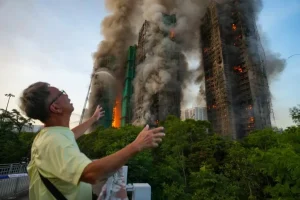
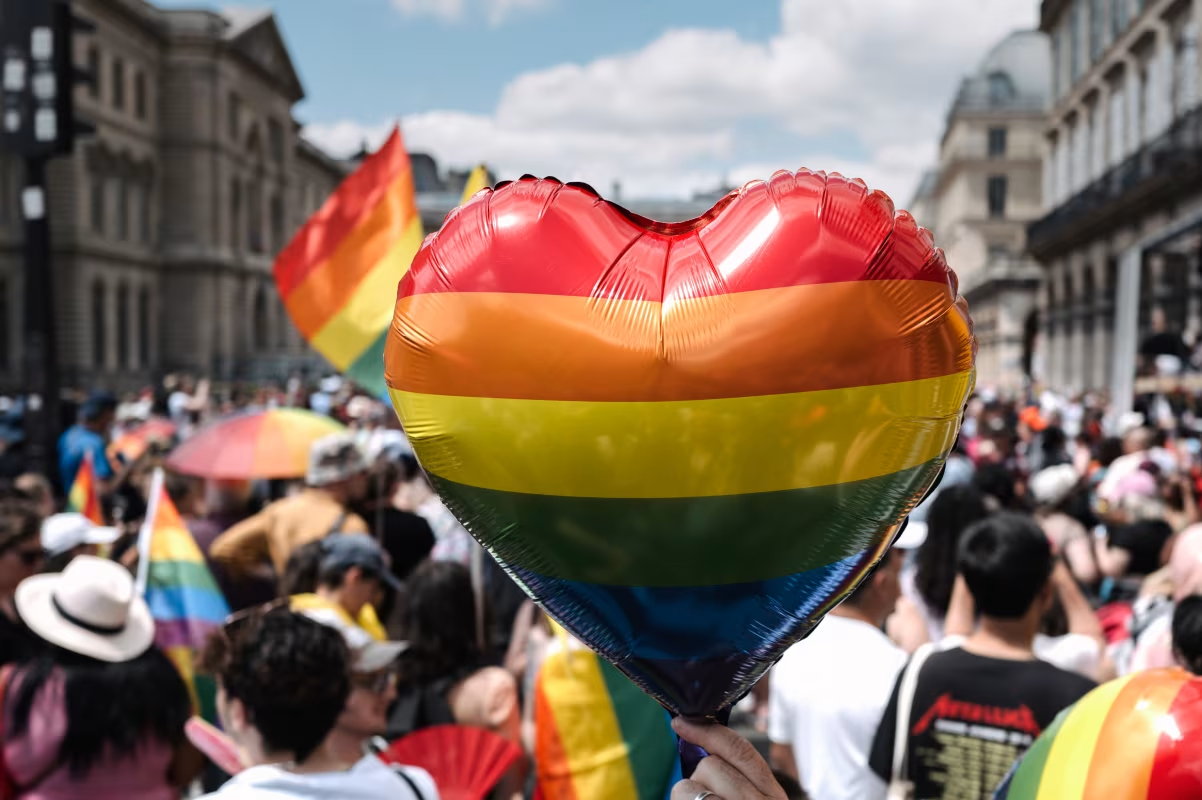

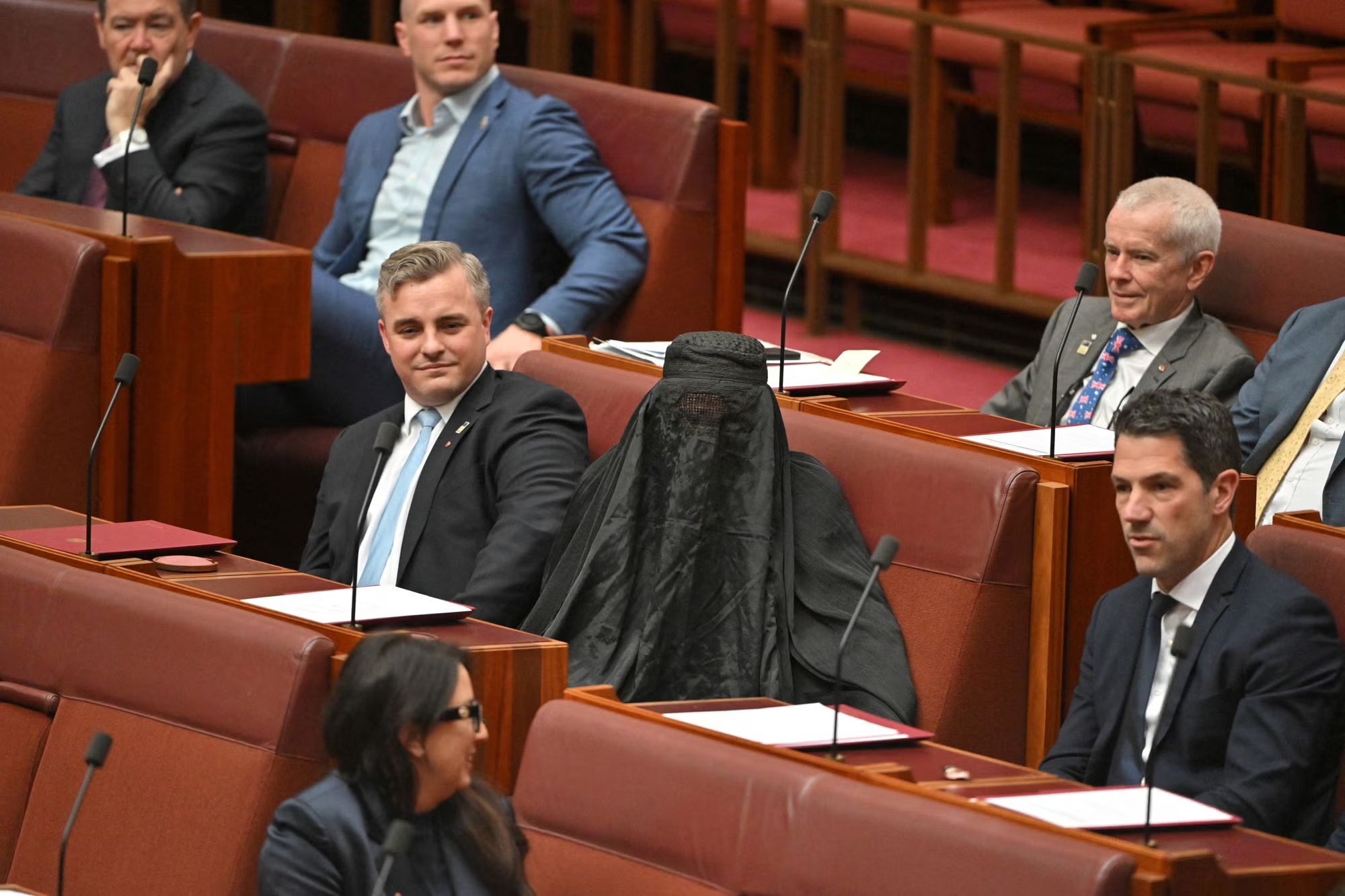

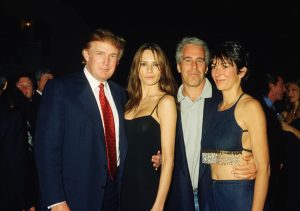
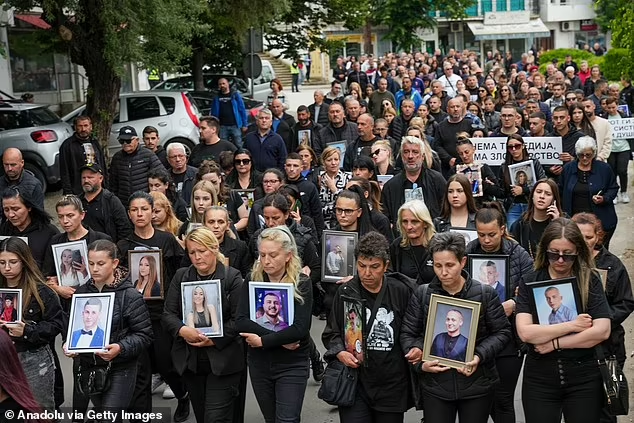
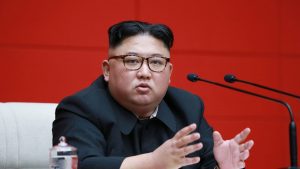
Comments are closed.